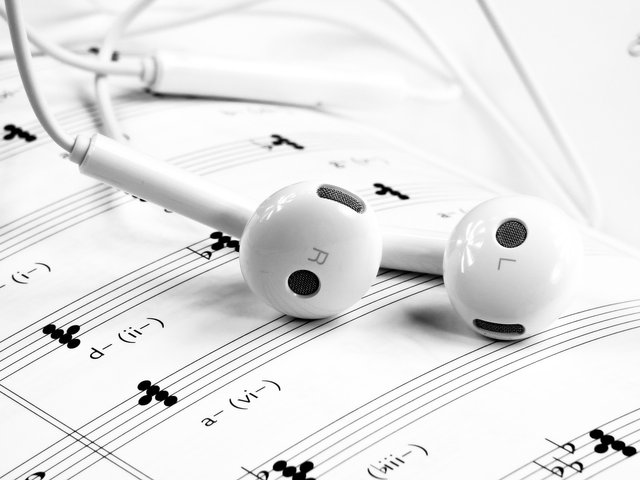Recovery Songs – How Music Heals and Helps with Addiction
RECOVERY SONGS AND MUSICAL HEALING
It is no secret that Music –and certain sounds— can heal us and help us through addiction and recovery. Science has studied these effects of sounds and music on the human body. And this is real science, not the science used in Masaru Emoto’s “thought-sensitive-ice-crystals.” But what caused science to take a look at the effects of music on the mind and body?
Well, for one, music stems from human emotions and the urge to create a work that expresses feelings that go beyond words. That is achieved effectively through music. There are countless of Recovery Songs written that deal with addiction and sobriety. Tens of millions of individuals go through recovery every day—one day at a time. So, we see countless of recovery song lists put together on YouTube, Spotify, and other streaming services. This action of sharing music socializes recovery and helps people share their struggles with each other— strengthening the support structure needed for a successful recovery.

WHAT IS MUSIC?
Music is the collection of sounds organized artistically with the purpose of self-expression. Music is a communication medium that goes beyond words and can paint entire universes of ideas and emotions. Every human culture has their unique musical instruments, filled with unique arrangements and sounds. Music is a universal language among humans which traverses boundaries, cultures, and ethnicities.
It is undoubtedly a fascinating phenomenon with powerful and transformative qualities. So, it is worth scientific study. For example, the scientific journal, Science Scope, in 2015 reported a breakthrough in science that uses acoustic sounds to levitate liquid.

SCIENTIFIC RESEARCH AND MUSIC
Musical therapy is a well-developed field with a large body of evidence showing music’s positive effect on the mind and body. Here are some of those scientific studies:
A study involving 60 patients measured how quickly individuals would heal after bypass surgery when listening to music compared to the control group that did not. The patients that listened to music were released from the ventilator in 6 hours, while the ones that did not were removed in 9 hours.
Music has shown to decrease anxiety in patients that are in hospitals. In a lengthy study of patients recovering from surgery, listening to music was shown to ease their stay by providing an environment that allowed individuals to be transported to a comfortable surrounding, such as their home.
Music has shown the ability to decrease physical pain. A study that reviewed nearly 4,000 patients concluded that
“In the majority of studies, music was demonstrated to have an effect on reducing pain and anxiety. Generally, the studies described listening to music as altering the meaning of the negative sensation, thereby promoting a sense of autonomy and an ability to cope.”

RECOVERY SONGS AS MUSICAL HEALING
It is no wonder that many individuals recovering from addiction and substance abuse write and listen to music. It reduces anxiety and heals us mentally and physically. Check out more research from Scientific American about how music can affect how we see and perceive the world.
Michael James has experienced the power of music first hand. It allowed him to overcome addiction and pave a path to recovery. For ten years he has honed his craft of playing and writing music. His distinct bluesy rifts and unique raspy baritone voice is mesmerizing and is an experience that will have you yearning for more. There is a depth to his music that resonates with all of us.
Join Michael James and check out his music here. Also, make sure to sign up to receive the latest in updates and news.

This article was originally posted here: https://www.themichaeljamesexperience.com/blog/2018/3/30/recovery-songs-music-healing-therapy
Hi! I am a robot. I just upvoted you! I found similar content that readers might be interested in:
https://www.themichaeljamesexperience.com/blog/2018/3/30/recovery-songs-music-healing-therapy